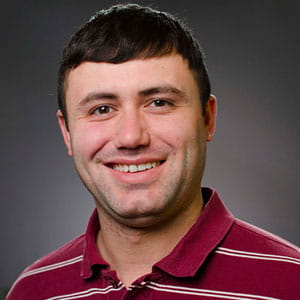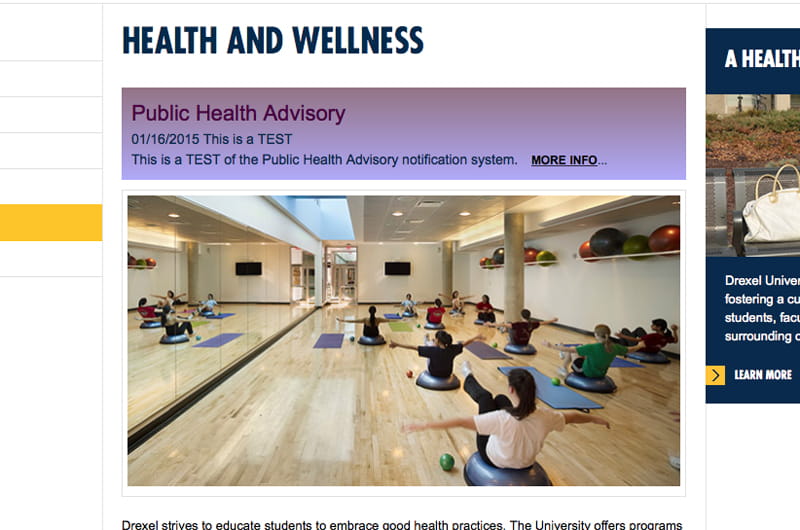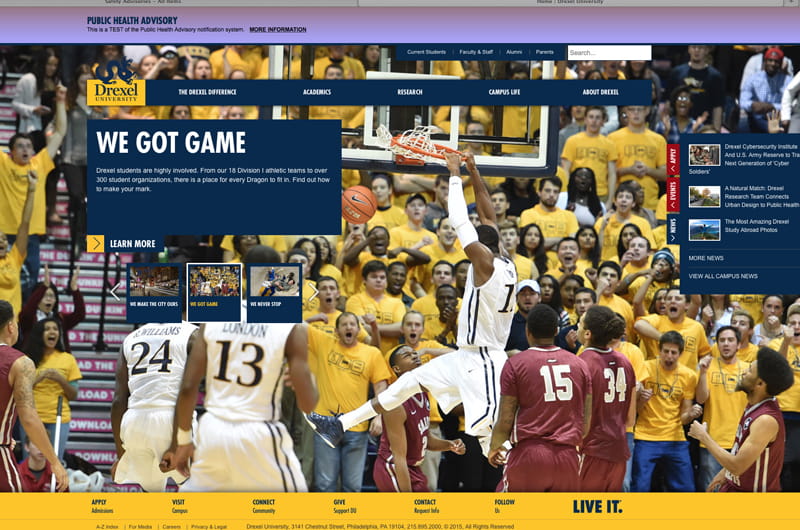Staying Vigilant Against Public Health Emergencies
 By Frank Otto
By Frank Otto

A committee formed years ago to deal with the threat of the H1N1 flu was brought back to meet any future public health emergencies Drexel may face.
Marla Gold, MD, dean emerita of the School of Public Health, where she serves as a professor, said last year’s Ebola scare prompted the permanent return of the Public Health Advisory Committee.
“The bottom line is, a university of our size and complexity has so many pieces, rather than being driven by emergent situations, the structure has been put into place so that key departments and areas can be in regular communication with each other on topics that have to do with the health of the campus community,” said Gold, a lead member of the committee.
Meeting once a month, the 23-person Public Health Advisory Committee (PHAC) brainstorms ideas for dealing with potential public health challenges and keeps avenues of communication open between the various parties that keep Drexel running.
Typically, for situations like 2009’s H1N1, “ad hoc” committees formed temporarily to deal with challenges as they arose. But the impermanence of those groups left the chance for some aspects of the University community to be left out.
“Every time we thought we had everyone in the room who would be involved, we would say, ‘Oh, we need this, and this and this,’” Gold said.

“It’s all these moving parts, just keeping people together,” said Annette Molyneux, PhD, the dean of students for Counseling and Health, another committee member. “We have to maintain those links so the communication can happen as it needs to happen, which is quickly.”
The committee brings together all of the University’s stakeholders, Molyneux said, to make sure everyone has “a plan in place and knows when to kick it into action.”
With established lines of communication, vital information can be quickly passed along. That includes coming up with Drexel Alert-esque messages sent out to the student, faculty and staff populations of the University with advisories, warnings or instructions during emergencies.
In addition to tying together stakeholders, the committee maintains contact with Philadelphia’s Department of Public Health, which it worked with during H1N1. Then, the city provided resources to Drexel but the University had to put together a plan to utilize those resources.
The end result of the first committee’s effort was vaccinating 5,000 against the illness.
“That experience taught us that we could act fast but it reminded us how many people we had to serve,” Gold said.
Battle-tested from the H1N1 experience and the renewed wariness that came with Ebola, both Gold and Molyneux feel keeping the committee as a permanent fixture reduces risks in the face of an emergency.
“The goal is to be more proactive in considering issues, not waiting until there’s a crisis and having to pull ourselves together and respond,” Molyneux said.
“If the city called an emergency, our community will know what to do,” Gold added.
This article first appeared in the spring edition of Drexel Quarterly.
In This Article
Drexel News is produced by
University Marketing and Communications.
